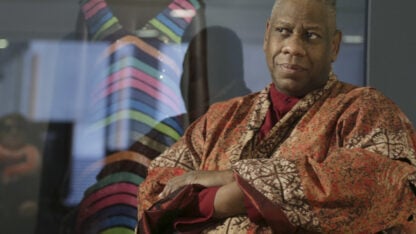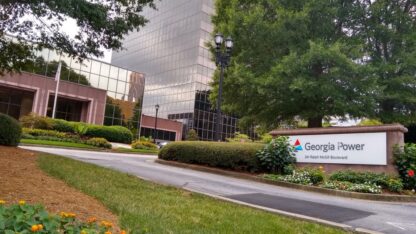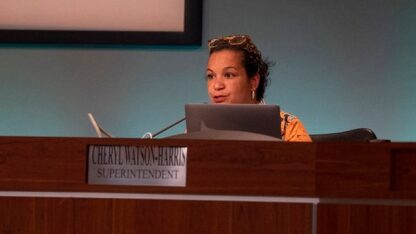WABE’s Week In Review: COVID-19’s Impact On Georgia And A Rail Terminal—Not A Memorial—At Former Brick Factory
In the last two weeks, Georgia has seen a 25% drop in the number of COVID-19 diagnostic tests performed, according to the latest White House Cororonavirus Task Force report. Dr. Kathleen Toomey, who leads the Georgia Department of Public Health, says the state has the testing capacity, but people just aren’t using it. On our coronavirus podcast “Did You Wash Your Hands”, Toomey spoke with health reporter Sam Whitehead about testing and other recent COVID-19 developments in the state.
Can we have class outside?…
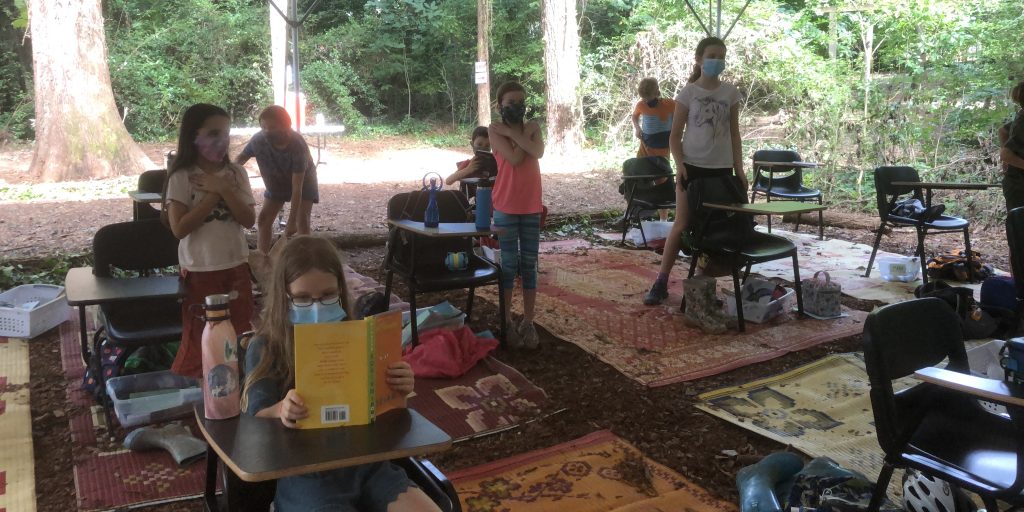
As many schools reopen for in-person learning, national experts are urging them to hold some classes outside to help slow the spread of COVID-19. As Martha Dalton reported, at least one Atlanta school is ahead of the curve.
“New NAFTA”…
Many Georgia farmers too have been hit hard by the pandemic. And for a number of produce growers in Georgia, they aren’t being helped by the USMCA– the two-month-old trade agreement between the U.S., Mexico and Canada. Emma Hurt brought us their story.
A troubled past, a new rail terminal—not a memorial…
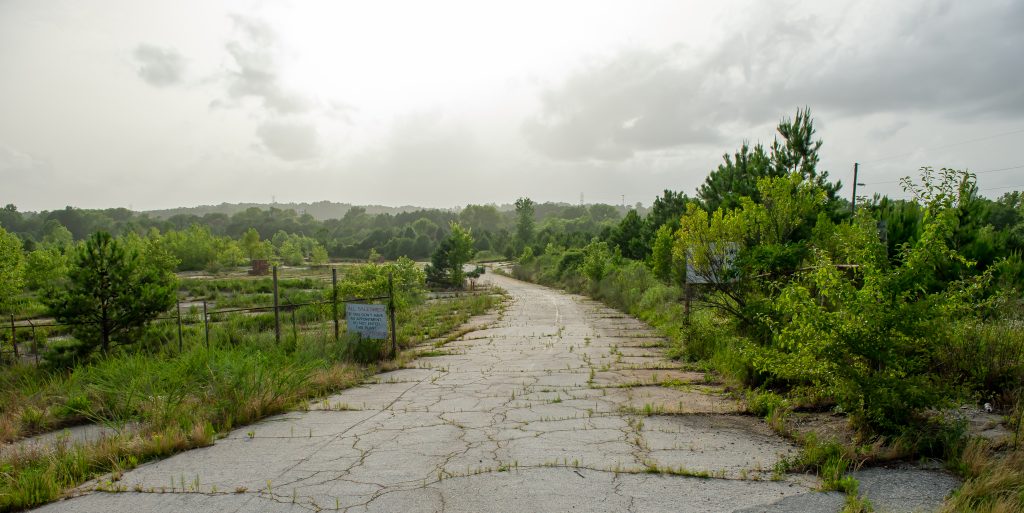
Atlanta-based railroad Norfolk Southern is leasing property in Northwest Atlanta for a rail terminal. The location had been the site of a brick factory that used forced convict labor and described as a place of “absolute horror.” At a time when people are reckoning with what monuments they want to represent the nation’s past, some were pushing for a memorial to be built there. Molly Samuel reported on theses new developments.
